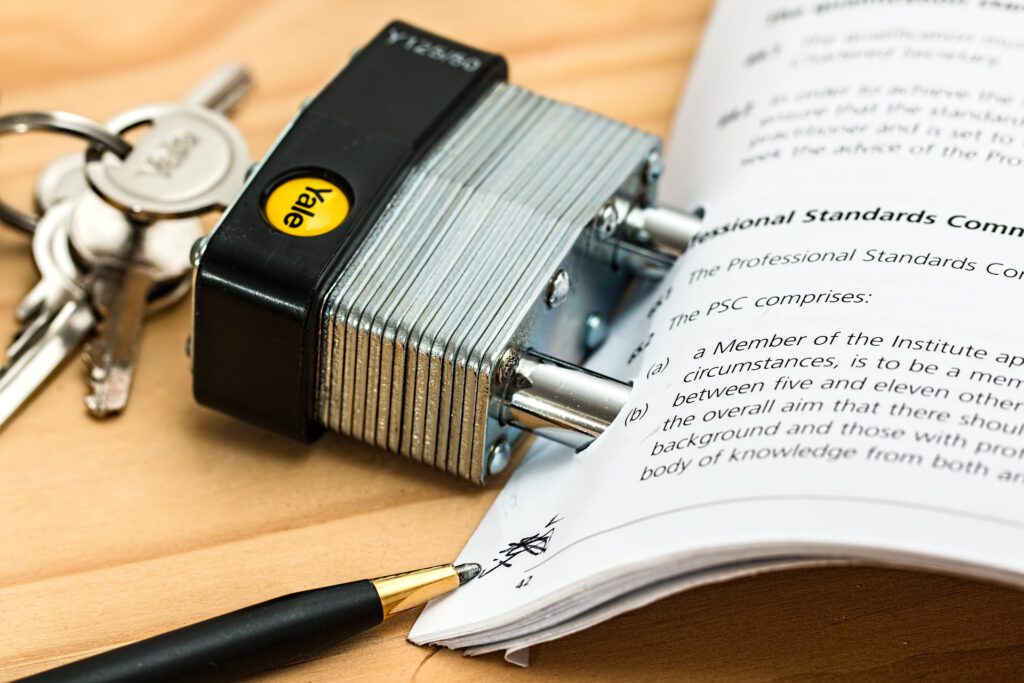The gender pay gap in the legal profession

The issue of equal pay has been brought to the light after a government-issued deadline was announced earlier this year. Companies with over 250 employees were told that they needed to publish data regarding the difference in pay between both men and women within their companies.
According to The Law Society Gazette, law firms were among the first to divulge this data. Are law firms struggling with the gender pay gap as much as other sectors? We investigate the matter with the expertise of True Solicitors, who deal with work issues such as accident at work claims.
Pay gap deadline
The government announced a requirement for firms to submit their pay gap data by 4th April 2018. The results can be accessed here. Though it came as no surprise that the pay gap was still prevalent, the sheer scale of difference between men and women’s pay across businesses was quite alarming. The Independent reported on Ryanair’s revelation that women are paid 67% less in their company for example.
The pay gap in law
By comparison, the data revealed by law firms was not as bad, but still showed that work needs to be done. A law firm in South Yorkshire reported that the women in their workplace earned a 15.9% less median hourly rate compared to their male counterparts. However, a London-based law firm saw their women’s median hourly rate at 37.4% lower than men’s.
The Law Society conducted the largest international survey of women in law in 2018, with 7,781 participants. The study found that while 60% were aware of a pay gap problem in their workplace, only 16% reported seeing anything being actively done about it. 74% of men said there was progress regarding the difference in pay between the genders, but only 48% of women agreed with that statement.
The cause: wage, bonuses, or role?
Let’s dig further into the issue; what is really causing this disparity in pay? Is it a difference in bonuses, or are higher job positions less readily available for women?
Looking at the same data previously referred to, the South Yorkshire law firm reported that women’s median bonus pay was 20% lower than men’s. The London-based firm noted a 40% lower median bonus pay for women compared to men. It clear that bonuses are also suffering from the same gender discrimination as standard wages.
In terms of job roles, The Law Society’s survey showed 49% of law workers believe that an unacceptable work/life balance is needed to reach senior roles and is to blame for the gender pay gap, so it is feasible that starting a family is deemed a disadvantage for women.
The Balance Careers notes the difference in perception — if a man starts a family, it is a note in his favour, showing stability and reliability. But for a woman, having children brings an unfair stigma of unreliability, that they may put their family first. This can cause discrimination when aiming for higher roles within the firm, such as partner positions.
Issues in pay for higher roles within law
But for women who do achieve the status of partner, the pay gap does not close any further for them. In fact, according to The Financial Times, female partners in London-based law firms earn on average 24% less compensation than men. 34% of women earn less than £250,000, where 15% of men earn less than £250,000.
How law firms can close the pay gap
The BBC offered a variety of suggestions for businesses in general in order to close the gender pay gap. These suggestions include:
- Better, balanced paternity leave — allowing fathers to take paternity leave, or having a shared parental leave, would allow mothers to return to work earlier.
- Childcare support — childcare is expensive! Support for childcare expenses would help both men and women in the workplace.
- Allowing parents to work from home — the ability to work from home while raising a family would open up additional opportunities for women to balance both a career and a family.
- A pay raise for female workers — a simple solution, but a pay raise for women can quickly equalise the pay rate between men and women.











Responses